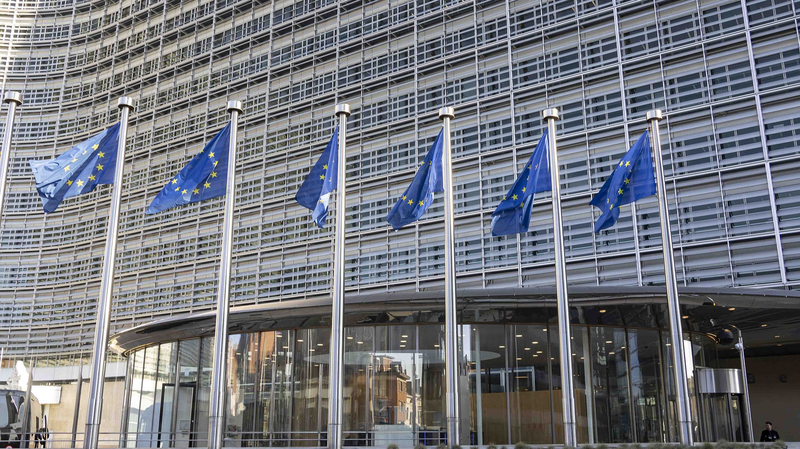Ban Details
The EU will restrict access for suppliers from the Chinese mainland on public medical device contracts worth over €5 million for the next five years. This marks the first use of the bloc's International Procurement Instrument (IPI).
Why It Matters
The IPI aims to secure reciprocity in public tenders by targeting markets with restrictive access. The medical device ban highlights how the EU is willing to wield it to protect local industries and taxpayers.
Wider Trade Ripples
This measure comes amid broader trade tensions: EU tariffs on electric vehicles from the Chinese mainland and recent Chinese restrictions on EU brandy. EU Trade Commissioner Maros Sefcovic is set to meet Chinese Commerce Minister Wang Wentao in Paris to discuss next steps.
Reactions
The Chamber of Commerce of the Chinese mainland to the EU voiced "profound disappointment," noting that European medical device firms already operate extensively in China. EU officials, however, stress the need for a level playing field.
What's Next?
The ban could reshape how medical tech companies approach cross-border tenders. For startups and multinationals alike, forming local partnerships or pivoting to alternative markets may become crucial strategies. As globalization faces fresh headwinds, the IPI's outcome will be closely watched by policymakers and business leaders worldwide.
Reference(s):
cgtn.com




